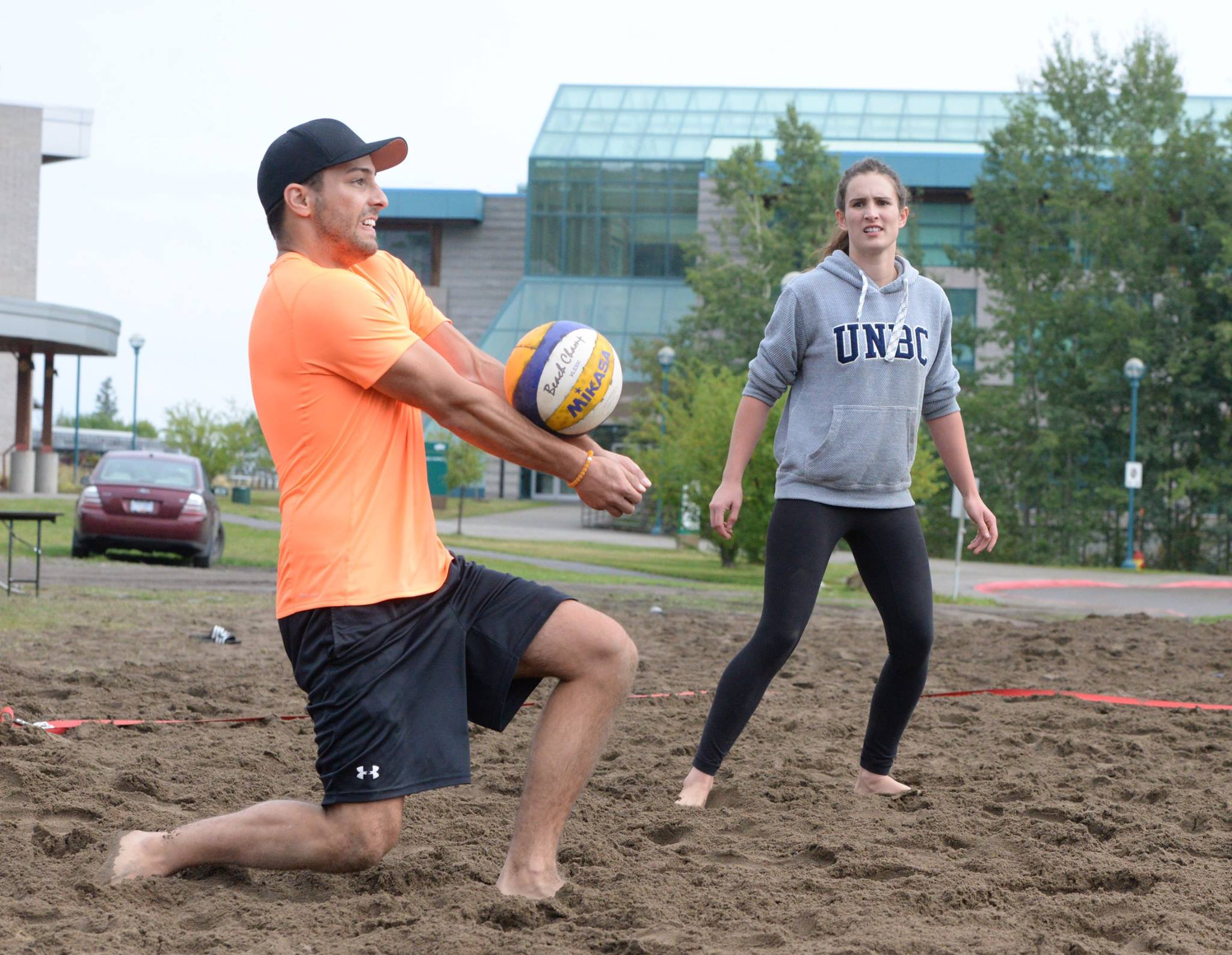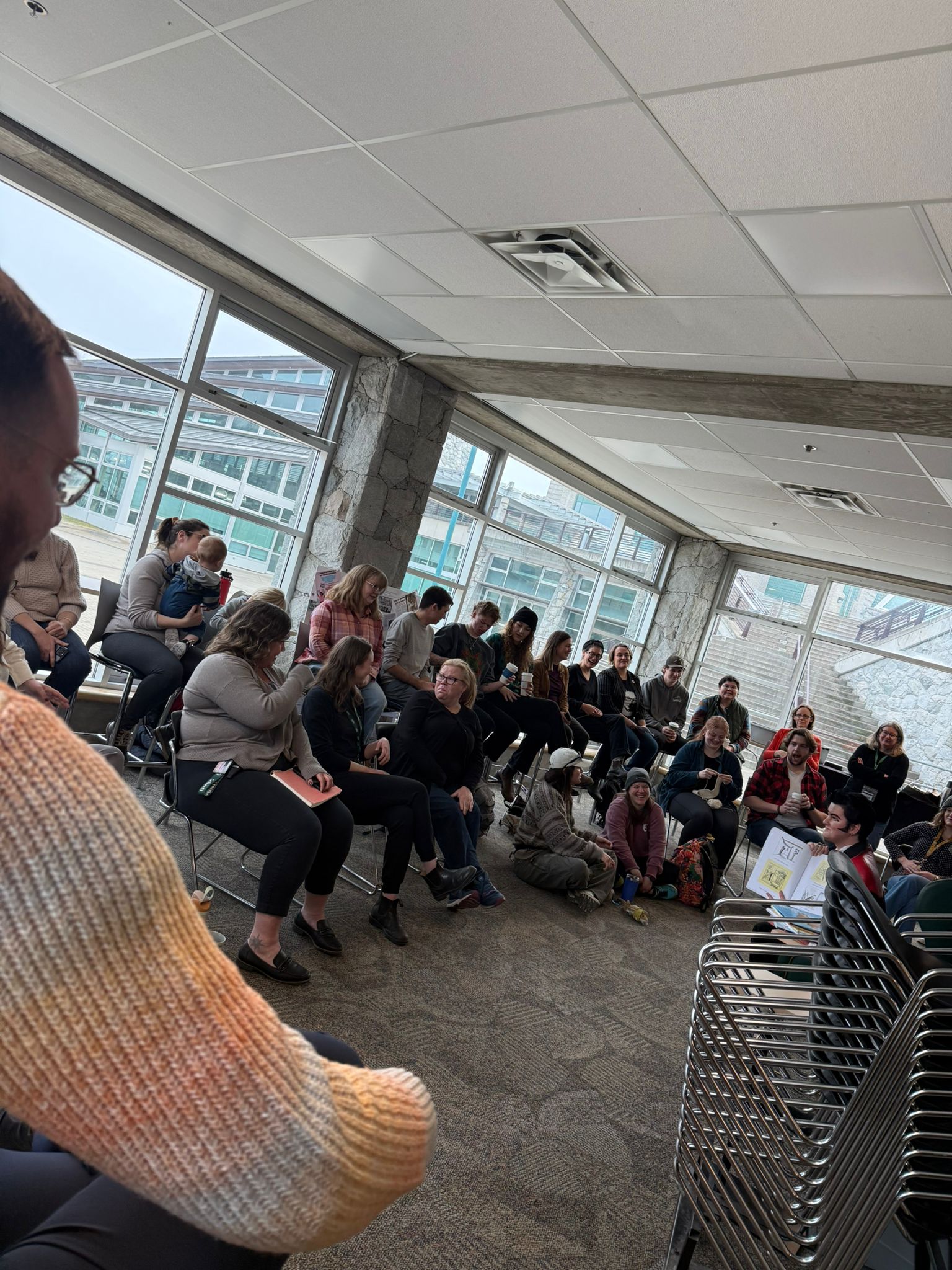Immigration Minister Mark Miller recently announced a new restriction: a two-year limit on admitting international students. This move is to give federal and provincial authorities enough time to deal with concerns about the current system. Minister Miller worries about the current situation where international students are charged high tuition fees and sometimes need inadequate education.
Miller said these measures are necessary to curb those higher education institutions, which he calls “puppy factories” that issue diplomas to graduates. “Fraud and abuse must be stopped,” he said. The number of holders of study permits in Canada has tripled over the past decade, from 300,000 in 2013 to 900,000 this year. International students contribute $22 billion to the economy through expenses, tuition fees, and support of 200,000 jobs.
As a result, the cap on international students will lead to an overall reduction of 35 percent in new Canadian study visas, with some provinces like Ontario facing even more significant drops of 50 percent or more. The minister said that new pilot programs for student recruitment will be introduced in 2024. The program should encourage higher education institutions to recruit international students from countries that do not send students to Canada.
The financial threshold for study permit applicants will be raised from $10,000 to $20,635 in 2024, in addition to tuition fees. Miller stressed the need for educational institutions to accept only the number of students they can accommodate or assist in finding off-campus housing.
Moreover, the government plans to stop students attending institutions operating under a private government model from getting postgraduate work permits starting September 1. Additionally, upcoming changes will only allow open work permits for spouses of students in master’s, doctoral, or professional programs like medicine and law.
Minister Miller stressed that the federal government is committed to working with provinces that still need to take explicit action to fix the situation. Most higher education institutions did not regulate quotas for international students. Students and their huge tuition fees have become a lucrative source of income for Canadian schools and higher education institutions. Miller said that collective effort aims to address the problems with the international student system quickly.
During the pandemic, the Immigration Department increased the 20-hour work week for international students to ease their financial situation. According to Miller, on May 1, 2024, the 20-hour limit will be restored at the end of the winter semester. Miller emphasized the importance of collaboration among governments, educational institutions, and stakeholders to ensure international students receive adequate support.
The current affordable housing crisis and the rising cost of living have left many international students needing more money. They struggle to find jobs and housing, leading some to seek help from food banks. The growth in the number of international students is mainly taking place in public and private colleges. In colleges, programs are cheaper and shorter than those offered by universities. Therefore, colleges can allow students to stay and work in Canada and sometimes apply for permanent residence.
.
Existing international students and applicants who have applied for study permits by December 7, 2023, will be allowed to work off-campus for more than 20 hours a week until April 2024. Miller also mentioned efforts to provide students with adequate housing to protect them from financial vulnerability and exploitation.
Prospective international students must provide proof of financial support when applying for study permits, including demonstrating the ability to support themselves and any accompanying family members.
Increased financial requirements and restrictions on international students are expected to have far-reaching implications across various sectors beyond the educational realm. Workplaces reliant on international students for part-time or temporary labour may face challenges due to reduced working hours, potentially impacting industries like hospitality, retail, and services.
Additionally, bank institutions are likely to witness shifts in demand for financial products and services tailored to international students, as the higher financial criteria for study permits may prompt students to seek additional financial assistance or banking solutions.
Universities, particularly those with significant international student populations, may encounter financial implications as they adjust enrollment strategies to accommodate reduced international students. This could affect tuition revenue, research funding, and overall institutional budgets.
Moreover, local economies in areas with substantial international student populations may experience decreased spending on goods, services, and accommodations. Businesses catering to international students, such as restaurants, grocery stores, and housing providers, may need help with a decline in revenue.
The new restrictions on international students are anticipated to induce shifts in labour markets, financial services, educational funding, and local economies as stakeholders adapt to changes in student mobility and enrollment patterns.
•
4 min read
Canada Implements Two-Year Restriction on International Student Admissions: Addressing Concerns and Ensuring Support.





